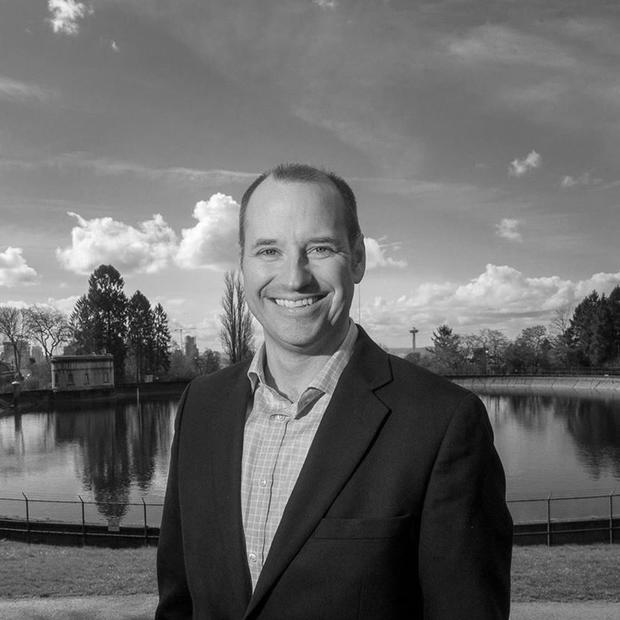Marcus Courtney works as an independent public-affairs consultant in Seattle, and founded a union for tech workers, WashTech/CWA. He also serves on the Washington State Future of Work Task Force.
The COVID-19 virus is causing Washington’s economy to experience a Hanford-style nuclear plant meltdown for business and workers that could rival the worst months of the Great Depression.
Already, the state’s Employment Security Department has the highest total of jobless claims in one week, 181,975, since its creation in 1930.
However, our focus in Washington state needs to go beyond issuing unemployment checks, from offering moratoriums for evictions and preventing utility shutoffs to guaranteeing no one will face medical bankruptcy for seeking COVID-19 treatment during the pandemic.
Amanda Martin, the executive director of the Northwest Consumer Law Center, told me that bankruptcy occurs when “hardworking people who make a modest income have a health crisis, lose their job, then live off their credit cards to pay necessities.”
Today, even after Obamacare has reduced the number of the uninsured in our state, there are still 400,000 who lack coverage. Imagine someone who is considering forgoing COVID-19 medical treatment out of fear of going bankrupt because they have no health insurance and only a $400 balance in their savings account. That decision has public health implications for us all.
Gov. Inslee has announced free COVID-19 testing for the uninsured. This is a laudable move. But testing with no guarantee of care does not go far enough in my view to guard against financial ruin.
Some argue a hospital’s charity care will treat those who do not have medical insurance. But in Los Angeles last month, it was reported a 19-year-old died of COVID-19 after a private hospital turned him away due to lack of coverage.
Gov. Jay Inslee should issue an executive order guaranteeing the state will pay the bills for the uninsured or the underinsured seeking COVID-19 medical treatment. For Washington’s economy to recover, we need to ensure (and insure) that its workers have fully recovered from the pandemic by getting the health care they need.
READ MORE IN OUR SAVING WASHINGTON SERIES
- Sharon Lee on tiny house villages
- Lisa Daugaard on front line care workers
- John Burbank on supporting child care workers
- Xochitl Maykovich and Edmund Witter on rent relief
- Mike McGinn on a wealth tax
- Jacob Vigdor on the balanced budget provision
- Chris Vance on letting the feds help
- Jessyn Farrell on infrastructure investments
- Paul Guppy on property tax relief
- Karen Fierro Ruiz and Abigail Scholar on supporting undocumented workers


